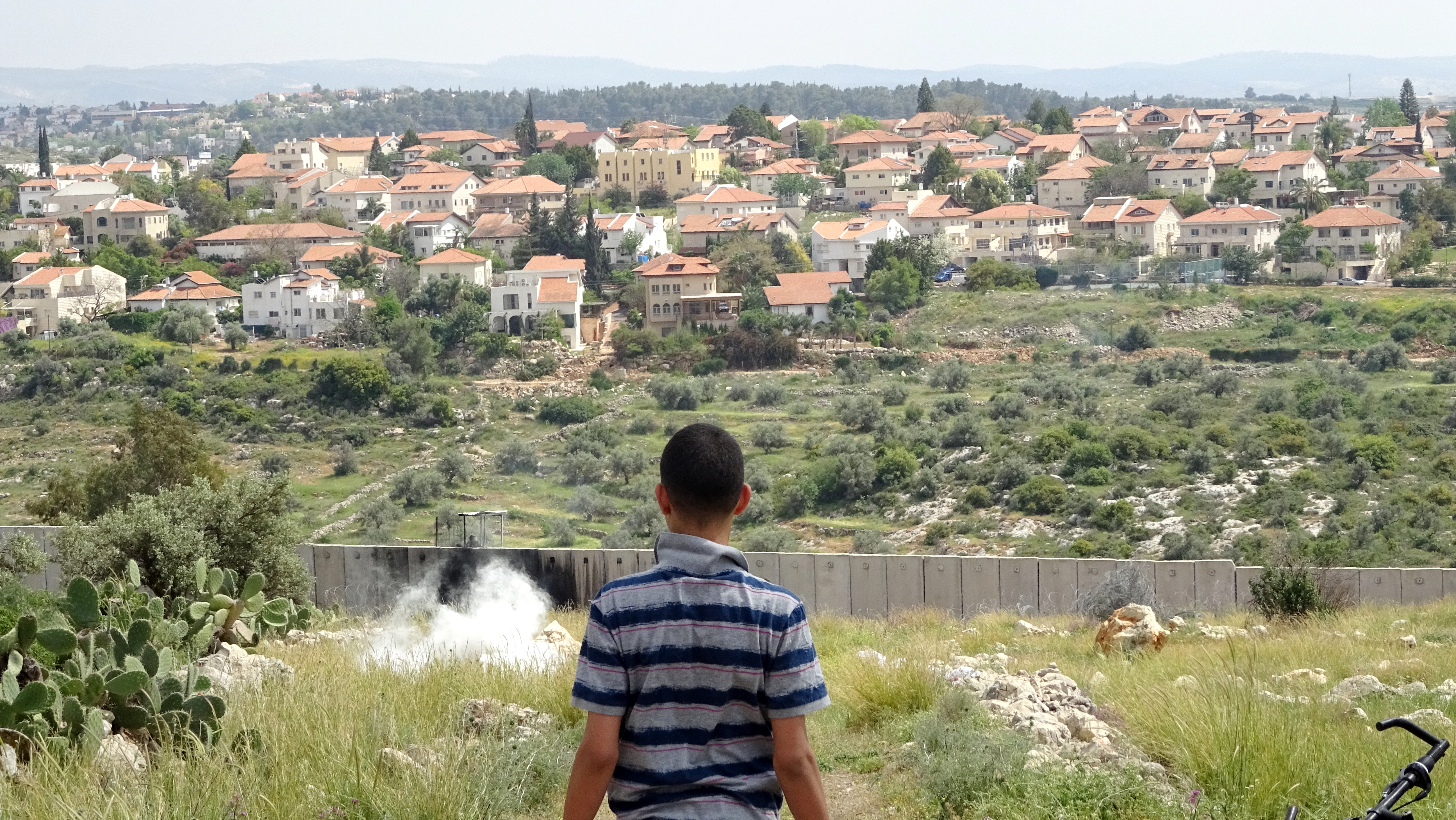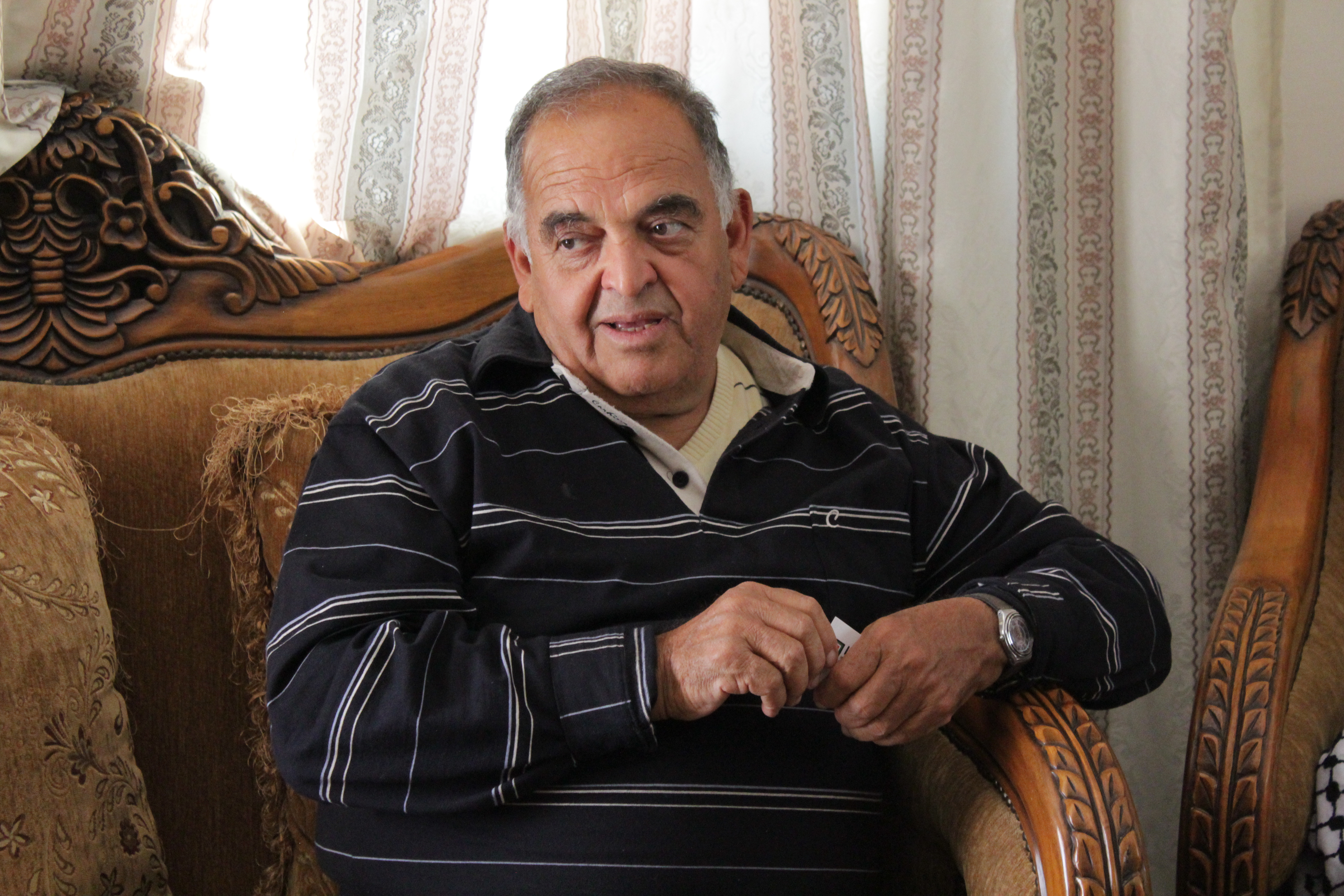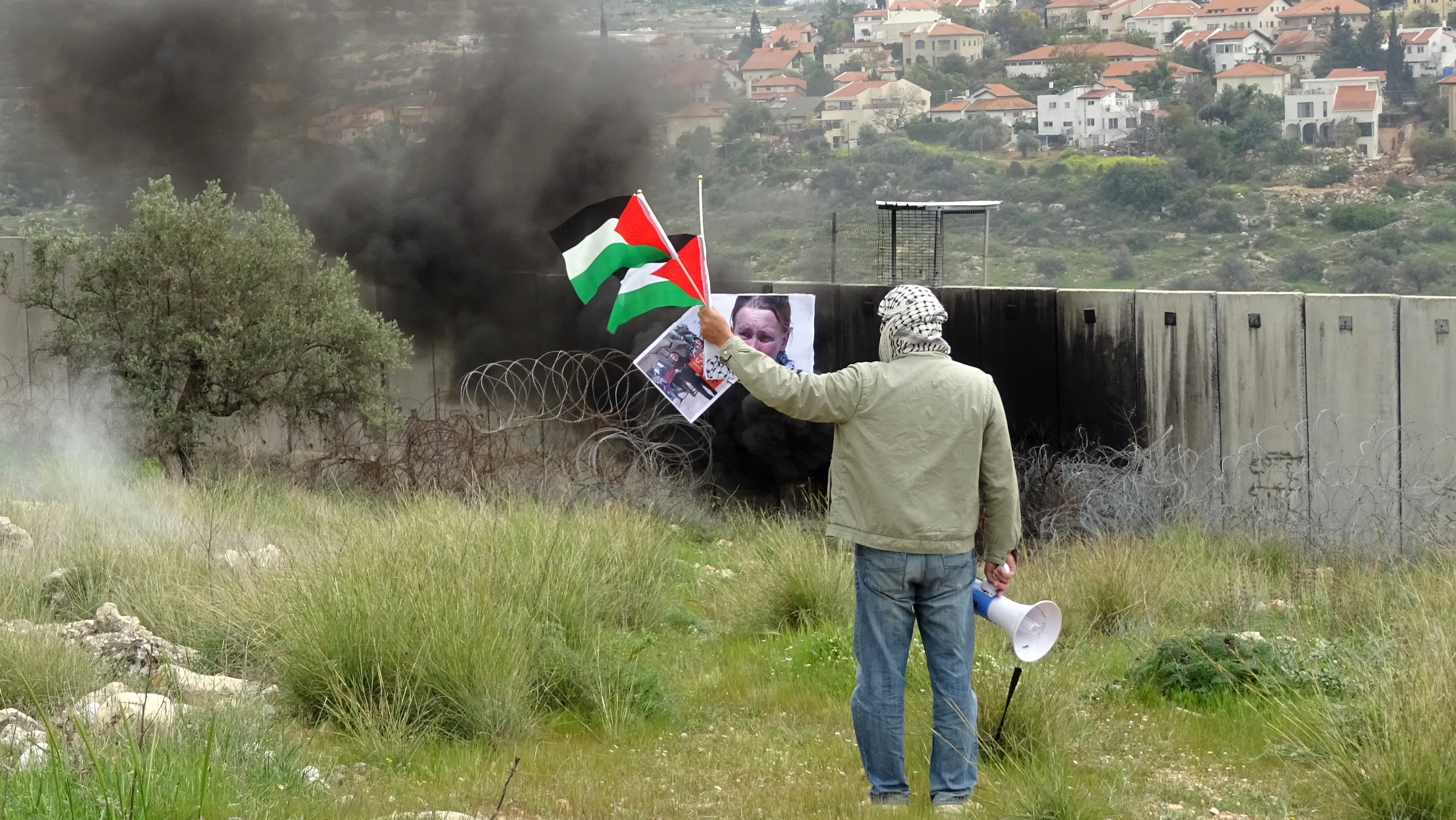Tag: Apartheid Wall
-
Peaceful demonstration in Ni’lin met with tear gas and rubber-coated steel bullets
8th April 2017 | International Solidarity Movement, Ramallah team | Ni’lin, occupied Palestine On April 7th Israeli forces repressed a demonstration in Ni’lin, during which soldiers fired tear gas and a rubber-coated steel bullet into the crowd of Palestinian protesters as well as Israeli and international activists. The demonstration began Friday afternoon after the prayer, where…
-
Jayyous lands again under threat
5th April 2017 | International Solidarity Movement, al-Khalil team | Hebron, occupied Palestine Residents from the West Bank village of Jayyous, east of Qalqilya, endured nightly raids by Israeli forces for a week straight in early April. Israeli occupation forces fired tear gas at resident’s homes, causing some villagers to be taken for treatment to…
-
Ni’lin remembers Rachel Corrie and Tristan Anderson
17th March 2017 | International Solidarity Movement, Ramallah team | Ni’lin, occupied Palestine Today on 17/03/2017 the residents of Ni’lin alongside internationals and Israeli activists held a demonstration in memory of Rachel Corrie and Tristan Anderson, against the apartheid wall and against the occupation of Palestine. A parade of around fifty demonstrators, including Israeli and ISM…



